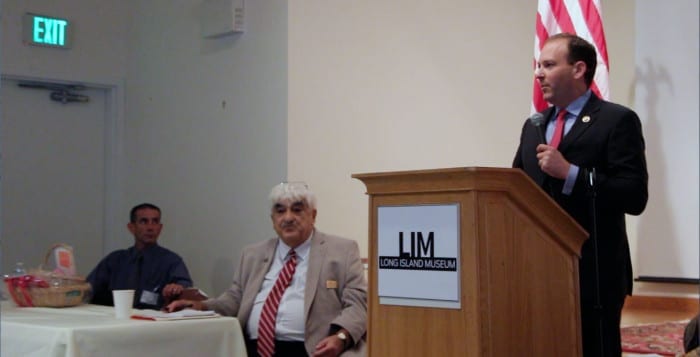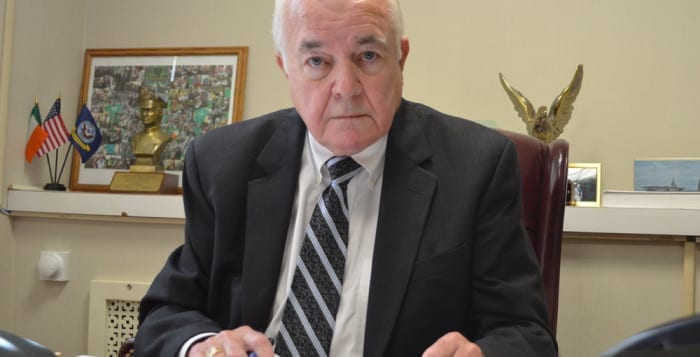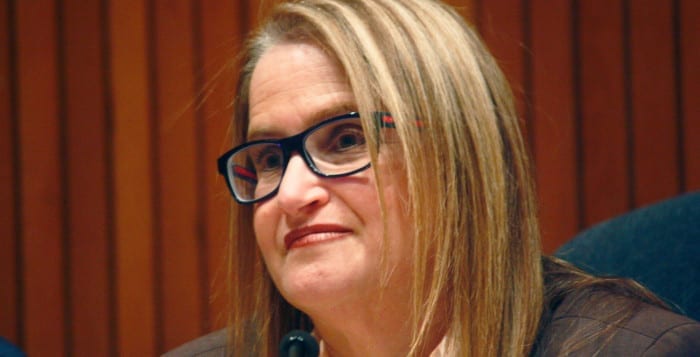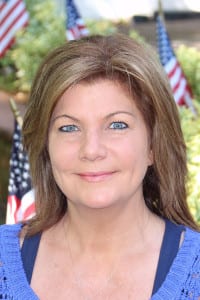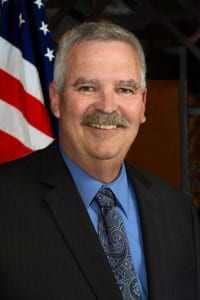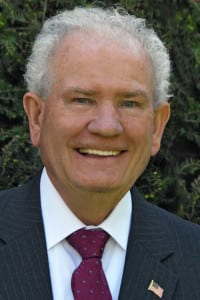He’s new to D.C., but not to some of the North Shore’s most pressing issues.
U.S. Rep. Lee Zeldin (R-Shirley) addressed people from Three Village businesses and organizations early Wednesday morning on Sept. 16 in his “Meet Congressman Zeldin” breakfast in the Gillespie meeting room in the Long Island Museum of American Art, History, and Carriages. The meeting gave Zeldin the opportunity to discuss his past several months in office after he was sworn in back in January and to address issues he said he wants to tackle during his first term in the U.S. House of Representatives.
Some of the more pressing issues, he said, included affordability, supporting local business owners and enhancing the quality of life for Long Islanders of the First Congressional District.
“We’re losing a lot of our friends and our family as our families get split apart moving down to North Carolina and South Carolina and Florida because they can’t afford to get by here,” Zeldin said while discussing Long Island’s cost of living and it’s impact on community members.
He added that some small business owners experienced or are going through tough times as they may struggle between paying their employees and paying their sales tax or other bills associated with their business.
“There needs to be a fundamental re-calibration and better understanding from different levels of government, as to how a small business is able to grow and create new jobs,” Zeldin said as a suggestion to help business stay afloat and create more jobs in the community.
He admitted that one piece of legislation would not be enough to address every business owners’ concerns or needs. As he continued discussing businesses and Long Island’s economy, Zeldin also voiced his opinion on U.S. President Barack Obama’s $15 minimum wage proposal saying that the increase is not nearly sufficient for Long Island residents — especially those who own homes and raise their family.
Long Island’s veteran population and education issues were also a topic of debate as Zeldin discussed his past eight months in congress. One of Zeldin’s first pieces of legislation to pass kept the government from financially penalizing states if schools wanted to withdraw from the controversial Common Core learning standards.
Throughout the breakfast, Zeldin emphasized that he is not the type of politician who will turn away from a difficult issue or decision. He acknowledged that making tough decisions may cost him votes, but he will support what he believes to be right for his community. The statement left those in attendance very pleased.
“I really feel like he listens to the issues that are going on at hand,” said Elizabeth Folk, owner and licensed acupuncturist and massage therapist at Hand on Health and Wellness in Stony Brook. “He seems very genuine with his speaking. I like the fact that he doesn’t care about the cost of losing his votes if it’s an issue that’s very important to him if [his opinion] is unpopular.”
Members of the museum said they agreed with Folk. Deirdre Doherty, director of development for the museum, said that Zeldin’s desire to improve the Long Island economy is not only genuine, but will also assist businesses like the museum.
“Museums go beyond just offering a cultural experience,” Doherty said. “They really have socially impactful programs. We educate over 12,000 students a year. So if the local businesses are healthy, then we can be healthy.”
Regina Miano, special events manager of the museum, said she thought Zeldin’s event was also a good way for Three Villagers to interact with Zeldin saying, “it was great to have him as a new congressman…to be here and speak at the museum…to introduce himself to people that have probably never spoken to him, [it was great].”
Zeldin also highlighted the importance of meet-and-greets with the voters such as these where residents can meet the political figures that are in charge of addressing their concerns and needs.
“Accessibility is important because as an elected representative, constituents need to know that the person they elect to office is representing their passion,” Zeldin said in an interview before the breakfast. “At the same time the elected official needs to be out in the public to listen so that he or she is as tuned in as possible to the top priorities of people elected to serve.”

